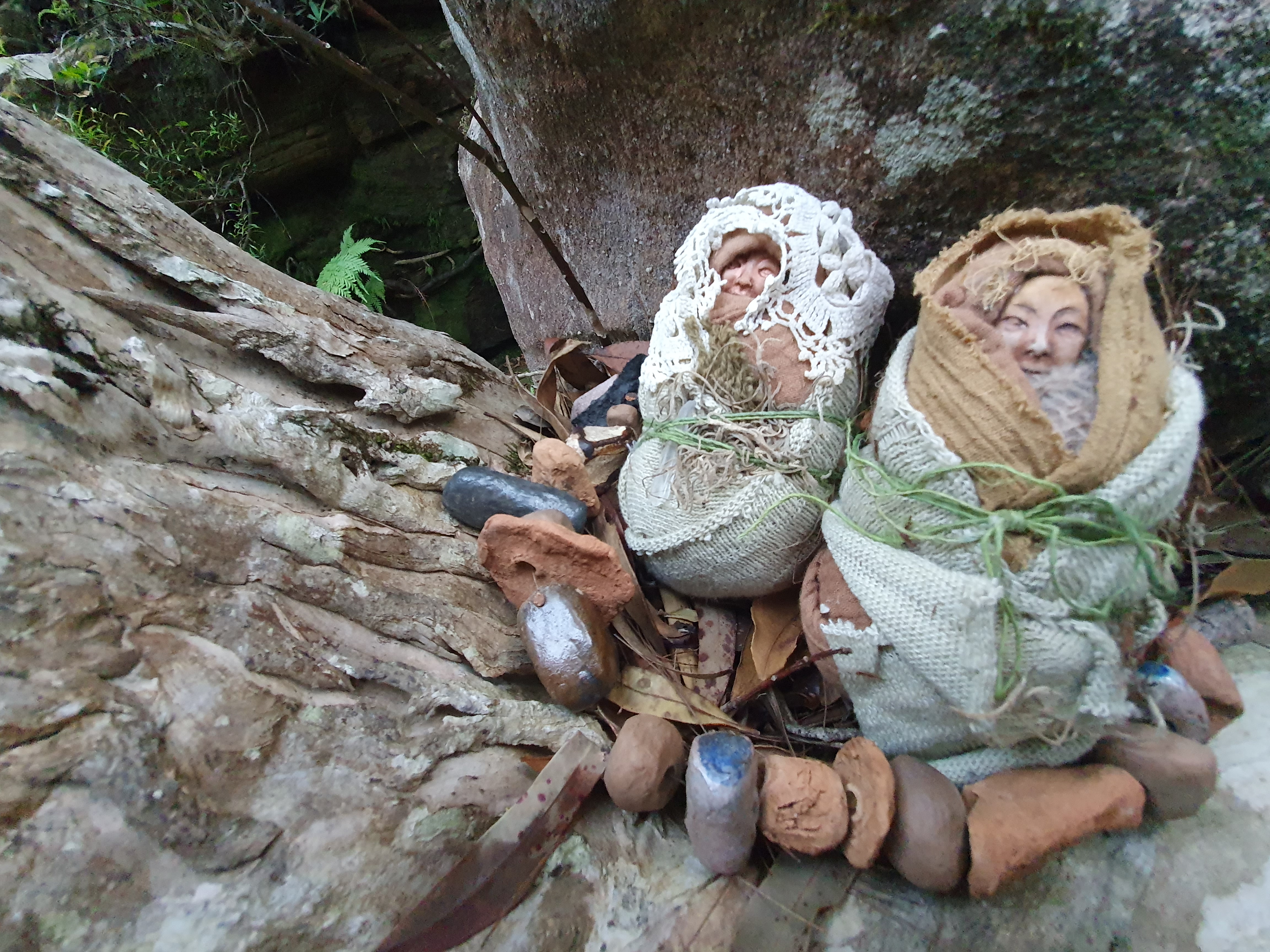There was once a village.
Not one marked by fences or postcodes, but by the way people looked out for each other. By how children were raised with many hands, how elders were listened to, how the earth was known like a friend.
In that village, boys grew into men not by accident, but by being shown the way. A way lit by stories at dusk, by firelight reflections, by the steady guidance of those who had walked before them. And girls grew into women through the care of aunties and grandmothers, who taught them how to tend not just to others, but to their own spirits too.
No one walked alone. Not really.
Even in hardship, even when things fell apart, there was always someone to lean on. Always someone to say, “I see you. Let’s walk this next part together.”
And in that village, young people learned how to love; not through fantasy or force, but through reverence. Boys were taught to honour the life force in girls, to protect, not possess. Girls were taught to hold themselves sacred, and to see the sacred in others. They learned to listen before touching, to speak before assuming, to know the difference between desire and devotion. They learned how to be in true relationship; because they had first been taught how to be in right relationship.
With themselves.
With their elders.
With the Earth.
And so love, when it came, did not need to harm.
It came soft and strong, like rain on thirsty ground.
It came with responsibility. With joy. With truth.
But something happened.
The village grew quiet. The fires went out, one by one. The hands that used to hold were full with other things now, with phones, deadlines, shopping bags, locked doors. We built walls around our houses and around our hearts. We told ourselves we were safer like this…..independent, self-sufficient, modern.
But the children could feel it.
They always do.
They wandered through streets where no one knew their name. Through schools that taught them math but not meaning. Through homes where the TV hummed louder than any conversation. And some of them….maybe even many of them got lost. Not just geographically, but spiritually. Emotionally. Deep down lost.
And we looked at them and asked, “What’s wrong with you?”
When really, the question should have been: “What happened to us?”
We stopped teaching them the basics of life…. how to grow things, how to cook, how to care for something other than a screen. We stopped gathering together to tell stories that grounded them in something bigger than themselves. We stopped bringing them to the river, to the trees, to the ancestors. We stopped showing them where they belong.
And with that forgetting came another kind of loss: the sacredness between boys and girls, men and women, began to fracture. When we do not teach them how to honour the land, how can we expect them to honour each other? When we don’t model respect in our relationships, how can they find it in theirs?
So now they try to love one another through confusion. Through wounds. Through longing without guidance. And sometimes, that love hurts. Not because they are bad, but because they were not shown how to be good to one another and they too bring children into a fractured life.
But here’s the thing about villages, they can be rebuilt.
It starts with remembering.
With one father who decides to show up differently for his son not just with rules, but with presence. One aunty who checks in on the young girls in her neighbourhood, offering wisdom and care. One elder who decides to speak, even if their voice shakes. One family who plants a garden and invites the kids next door to help. One community who says: “Our children are not burdens. They are sacred. And they are ours.”
Because it’s not just about parenting.
It’s about raising a people.
Together.
And when we begin again, when we teach children how to carry their own, how to live with care, how to honour the land that gives us everything they stop needing to search so desperately for meaning in all the wrong places. They know who they are. They know whose they are.
We can teach our boys to be strong in heart and gentle in hands.
We can teach our girls to know their worth and speak their boundaries.
We can teach all young people that relationship is not possession it is partnership.
Not conquest; but kinship.
And the village?
The village is still possible.
Not because it still exists the way it once did, but because we are still here. Because we can choose how we show up in the world.
When we choose to slow down and truly listen.
When we choose to show up for one another instead of turning away.
When we choose to honour the Earth, to tend the young, to remember the old ways, not perfectly, but with care.
We become the village.
Each kindness becomes a doorway.
Each truth spoken becomes a path.
Each act of respect becomes a foundation.
And that is how the village returns, not in one grand moment,
but in the small sacred ways we choose to be with one another,
again and again.








